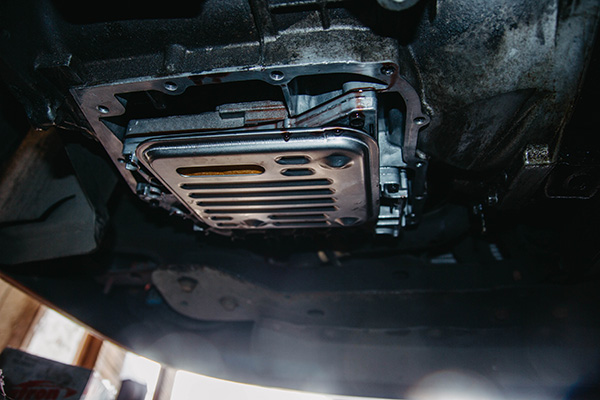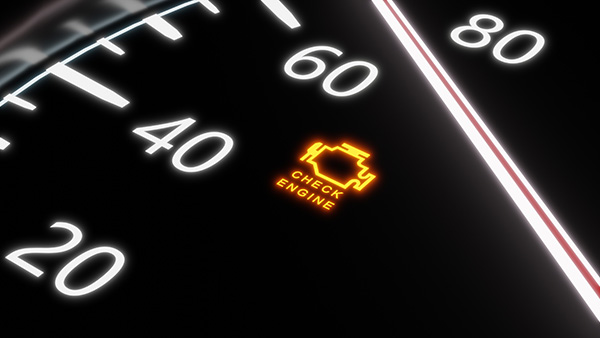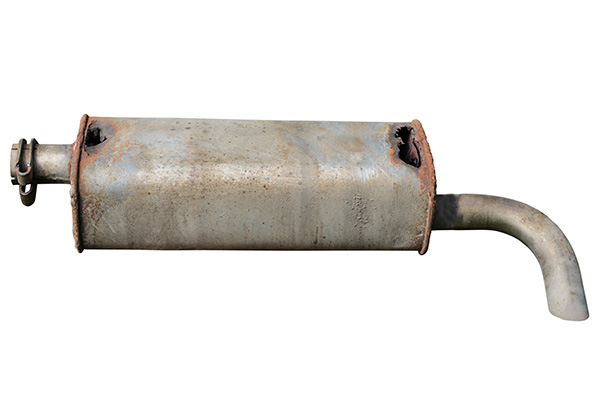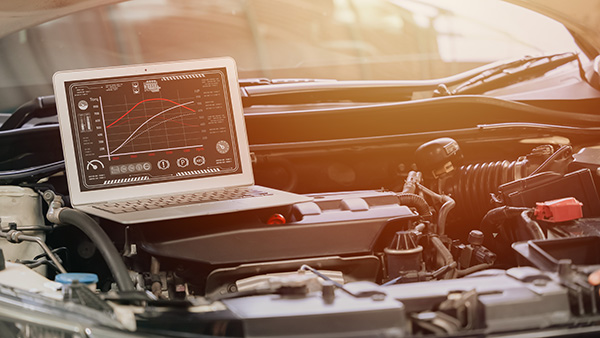Posted on 3/28/2025

Your car’s automatic transmission works hard to deliver power and ensure smooth gear shifts, but keeping it in good shape requires more than just fresh transmission fluid. Many vehicles also have a transmission filter that helps keep dirt, metal shavings, and other contaminants out of the system. Unlike engine oil and air filters, which most drivers are familiar with, the transmission filter often goes unnoticed—until problems start to show up. If your car has one, ignoring it can lead to rough shifting, overheating, or even major transmission damage. So how do you know if your vehicle has a transmission filter, and when should it be replaced? Does Your Automatic Transmission Have a Filter Not all automatic transmissions have a replaceable filter, but many do. Whether your car requires a filter change depends on the type of transmission it uses. Older automatic transmissions and many traditional models still use a serviceable transmission filter ... read more
Posted on 2/28/2025
Brakes are your vehicle's most important safety features, and when they start making squeaking, grinding, or rattling noises, it’s a sign that something isn’t right. We’ve seen just about every brake issue imaginable, and we know that brake noises are never something to ignore. While some sounds may be harmless, others could indicate worn-out brake pads, rotor damage, or even a failing braking system. If your brakes are making noise when you stop, it’s important to figure out why and address the issue before it gets worse. Common Reasons Your Brakes Are Noisy Brake noises can range from minor squeaks to loud grinding sounds, and each type of noise points to a different potential issue. Here are some of the most common reasons we’ve seen for noisy brakes. 1. Worn-Out Brake Pads One of the most frequent reasons for noisy brakes is worn-out brake pads. Most modern brake pads come with wear indicators, which are small m ... read more
Posted on 12/20/2024

Is your Toyota Camry's check engine light illuminated on the dashboard? Don't panic! While it's essential to address the underlying issue causing the light to come on, resetting it can be a straightforward process. In this guide, we'll walk you through how to reset the check engine light on your Toyota Camry and provide insight into common error codes you may encounter. Resetting Check Engine Light on Toyota CamryStep 1: Check Gas Cap Ensure the gas cap is securely tightened. A loose or faulty gas cap can trigger the check engine light. Step 2: Use OBD-II Scanner Plug an OBD-II scanner into the diagnostic port located under the dashboard on the driver's side. Follow the scanner's instructions to retrieve error codes and reset the check engine light. Step 3: Disconnect Battery Disconnect the negative terminal of the car battery for 15-30 minutes. Reconnect the terminal and start the vehicle ... read more
Posted on 11/29/2024

Your car’s exhaust system may not always be at the top of your mind, but it plays a crucial role in keeping your vehicle running efficiently and safely. One of the issues that can arise with the exhaust system is an exhaust leak, which can have serious consequences for your car’s performance and health. So, just how dangerous is an exhaust leak in a car? What Is an Exhaust Leak Before we get into the potential dangers, let’s quickly cover what an exhaust leak actually is. Simply put, an exhaust leak occurs when there’s a hole or cracks in your vehicle's exhaust system, which runs from the engine to the tailpipe. This leak allows exhaust gasses, which are meant to be safely funneled out of the vehicle, to escape before reaching the tailpipe. It can happen at various points along the system, such as near the exhaust manifold, the catalytic converter, or the muffler. Now, while the issue might sound minor, the truth is that an exhaust leak c ... read more
Posted on 10/31/2024

It’s disturbing when your car starts vibrating, especially when it's idling. You might be sitting at a red light or waiting in line at the drive-thru, and suddenly, your vehicle feels like it's shaking. While the vibrations may not always indicate a severe issue, they shouldn’t be ignored. Engines are designed to run smoothly, even when they’re not moving. If your car is vibrating while idling, it’s often a sign that something is out of place or malfunctioning. So, what exactly could be causing your car to vibrate when idling? Engine Misfire or Faulty Spark Plugs An engine misfire or worn-out spark plugs is one of the most common culprits behind car vibrations at idle. Spark plugs ignite the air-fuel mixture in the engine's cylinders, ensuring smooth combustion. If one or more of your spark plugs are dirty, corroded, or worn out, the engine might not be firing on all cylinders, leading to noticeable vibrations when the car is idlin ... read more